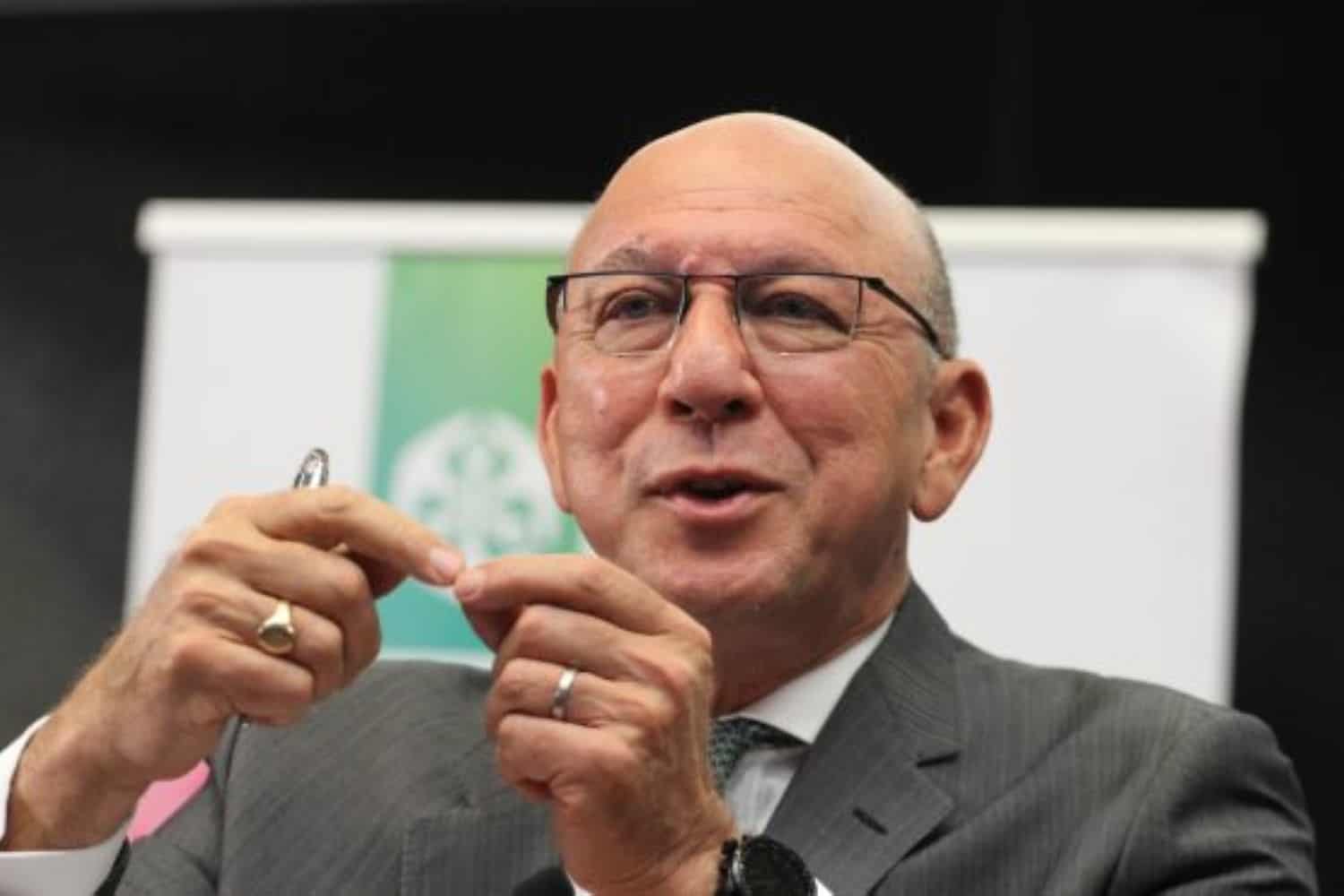He also called on civil engineers to become more involved in and vocal about policy-making.

Basel III’s stringent capital requirements are increasingly under fire for restricting the ability of African banks to fund long-term infrastructure projects.
Trevor Manuel, chair of the Old Mutual board and former finance minister, delivered the keynote address at the 2025 Global Infrastructure Conference in Cape Town on Monday. He added his voice to the argument that the Basel III rules make infrastructure lending prohibitively expensive.
“When the financiers got together for Basel III [they developed] a new metric for risk calculation for infrastructure. The amounts of money banks need to put up for long-term capital infrastructure become horribly prohibitive,” he told delegates of the conference, hosted by the International Federation of Consulting Engineers (Fidic).
His remarks echo concerns raised earlier this year. BusinessLive reported that African policymakers are pressing for amendments to Basel III, while Standard Bank CEO Sim Tshabalala, chair of the B20 finance and infrastructure task force, argued that the current risk-weighting rules constrain capital flows into long-dated projects, including roads and rail to power networks and schools.
ALSO READ: SA fixed investment almost halves, after public sector projects slump
Geopolitics and fiscal pressures
In his address, Manuel, who now chairs the G20 Africa Expert Panel advising on debt policy and sustainability, warned that governments globally are poorly equipped to deal with mounting infrastructure challenges.
Fiscal pressures, geopolitical uncertainty and climate change, he said, are crowding out long-term investment.
In addition, higher military spending is required. The commitment from Nato (North Atlantic Treaty Organisation) members to increase their defence spending to 5% of GDP is problematic.
“And as that happens, there’s even less available to spend on infrastructure.”
Manuel added that governments worldwide are prone to underfunding infrastructure because “the politics of the present is about the next electoral cycle.”
ALSO READ: Identifying the bugs in SA’s long-promised infrastructure boom
Global comparisons
Manuel drew comparisons across regions to illustrate the scale of the challenge. In the United States, engineers’ report cards show a $3.6 trillion funding gap, with ageing bridges, dams, and grids topping the list.
Europe, he noted, is struggling with demographic change, though the legacy of 1980s privatisation is visible in water provision.
India has invested heavily in high-speed trains and roads, but rural areas still lag in sanitation, housing, and electricity.
China, though, continues to produce “exciting” infrastructure projects such as magnet trains and dominates global production of solar panels and wind turbine components. Manuel quipped that one reason may be that “a large number of politburo members are also civil engineers”.
ALSO READ: Three budgets later, infrastructure investment amount still the same
African constraints
Africa, he said, faces unique challenges as its 55 states struggle to achieve economies of scale.
He cited the Grand Inga Dam in the Democratic Republic of Congo, touted for decades as capable of powering the continent, but repeatedly derailed by conflict. As a result, large parts of Africa remain reliant on costly domestic generators.
“People spend up to 10 times as much on electricity as other people around the world are spending.”
Manuel called on engineers to become more active in policy discussions, urging them to be more vocal about the long lead times required to secure financing and deliver infrastructure projects.
This article was republished from Moneyweb. Read the original here.
Support Local Journalism
Add The Citizen as a Preferred Source on Google and follow us on Google News to see more of our trusted reporting in Google News and Top Stories.






